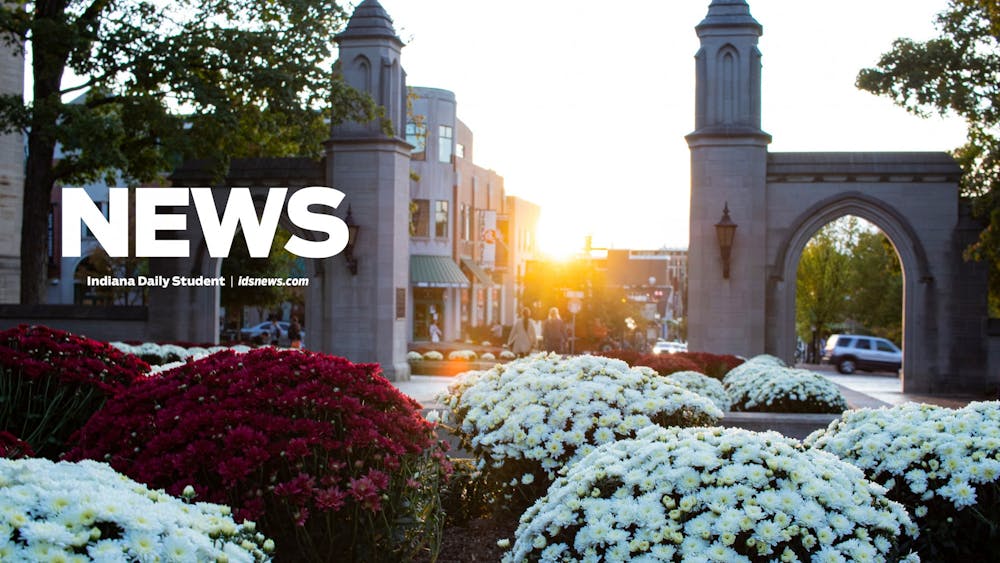According to a survey by the Pew Internet & American Life Project, the number of college students who illegally swap files on the Web has dropped by more than half during the past year, and IU statistics obtained from University Information Technology Services seem to be consistent with this trend. \nMerri Beth Lavagnino, deputy IT policy officer for UITS, said IU received 263 copyright infringement notices during the months of August through September 2003, down from 435 during the 2002 fall semester.\nUITS keeps notices it receives from copyright holders concerning alleged infringements and tracks the records of what actions were taken in response to each notice. However, discrepancies may exist if copyright holders are sending fewer notices than last year; thus, a direct causal relationship between legislation levied by such groups as the Recording Industry Association of America and the Motion Picture Association of America cannot be formed in certainty.\n"We are only counting the number of notices we received from copyright holders," Lavagnino said. "Thus, our figures reflect the effort the copyright holders are taking to identify and then send notices. The numbers are down from last year. Whether that means there is less file sharing or that the copyright holders are just sending fewer notices, I can't say."\nAn earlier Pew study relating to such findings was released in spring 2003, shortly after the recording industry announced it would take legal action against illegal file sharers. A fifth of the 1,358 Internet users sampled in this fall's survey, the results of which were released earlier this month, say they download and swap files less frequently because of such law suits. \nLee Rainie, the Pew project's director, said the survey was spawned in reaction to the interest in how the recording industry's suits were affecting downloading practices. He claims the decrease in illegal downloading is unprecedented.\n"We have never seen an activity drop off like this," Rainie told The Chronicle of Higher Education earlier this month. \nThe U.S. Court of Appeals for the District of Columbia Circuit ruled that fast-track subpoena provisions of 1998's Digital Millennium Copyright Act did not apply in instances where the copyrighted material is stored on computers beyond the grasp of an Internet service provider. This dealt a potentially crippling blow to communications giants and recording corporations seeking to stem the number of illegal downloaders. \nRecording industry groups had previously relied on premises of the DMCA to gain fast access to the specific names of thousands of suspected illegal file sharers in American universities. Without the fast-track provision, such groups would have to utilize only Internet addresses of users' computers. \nSchool of Journalism professor Amy Reynolds said she believes many students blur the distinction between what is legal and what their personal perceptions are concerning copyright law. \n"It seems like a simple issue, but in actuality it's a very complicated one," Reynolds said. "Because of the structure within the recording industry, it's often unclear if a label such as Sony agrees with the stance of a particular artist in regard to file sharing."\nReynolds said the complicated licensing structure involved in music and video copyrighting may often mislead students. \n"A lot of the reason students don't understand copyright involves the context of this legislation," she said. "It's looking at why we value copyright and the protection of creative property."\nSome universities, most notably Pennsylvania, have begun offering filesharing applications like Napster to its students, subsidized by a blanket technology fee. The Penn State action to subsidize Napster essentially works as a mechanism to prevent students from downloading music for which they have not paid. \nReynolds hesitates to speculate as to whether IU could ever move toward such a service. \n"File sharing isn't illegal when it's done in the appropriate way," she said. "People have just gotten used to doing it for free."\nLavagnino said students should note IU is not targeting them rather, University Technological Services processes notices sent by copyright holders as defined by the DMCA. \nIndividuals who receive infringement notices are directed to follow specific University procedures and must take an online tutorial and quiz. Dean of Students Richard McKaig told the IDS last March IU will "aggressively punish" students who continue to illegally use peer-to-peer programs.
Illegal online file sharing among college students on the decline
Get stories like this in your inbox
Subscribe





